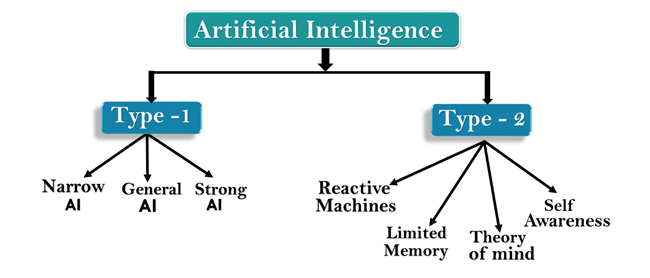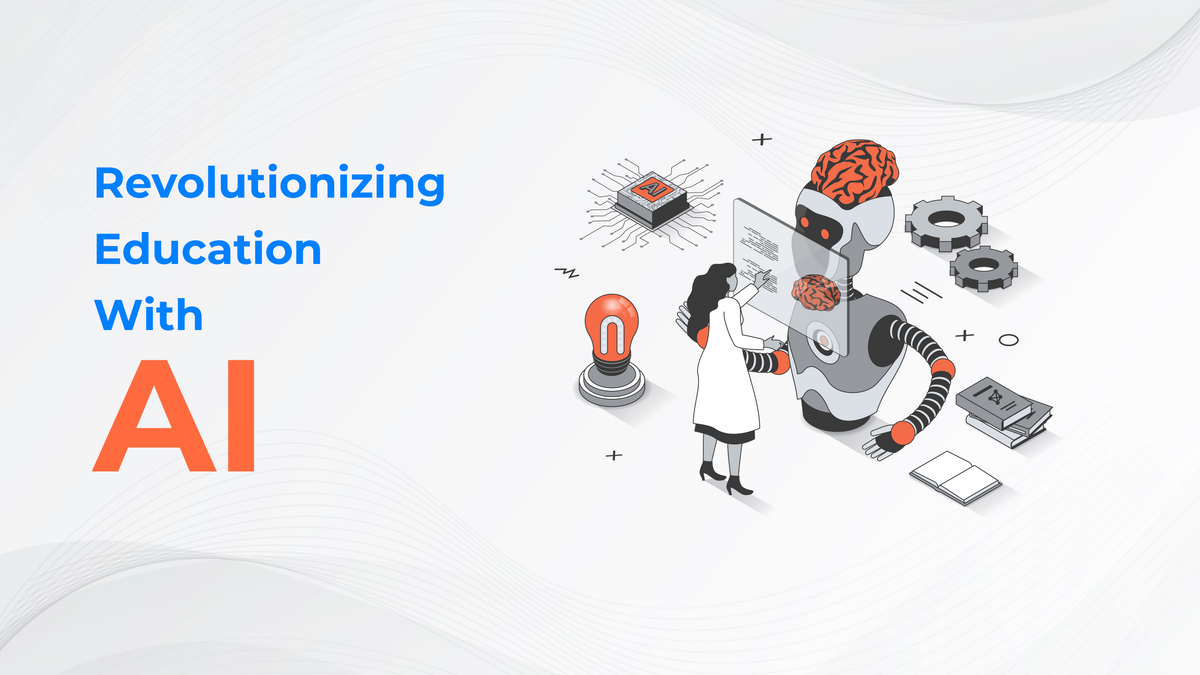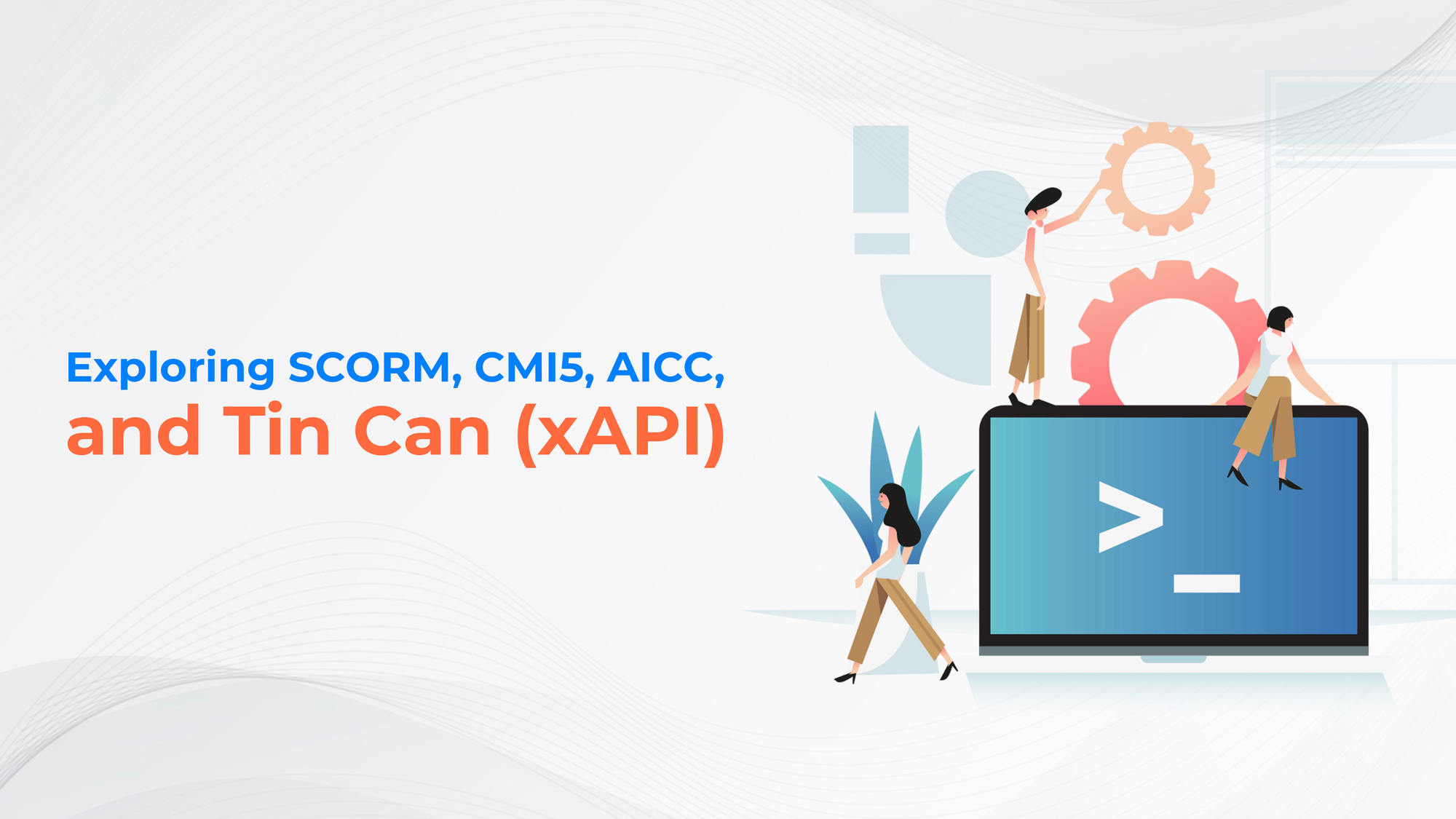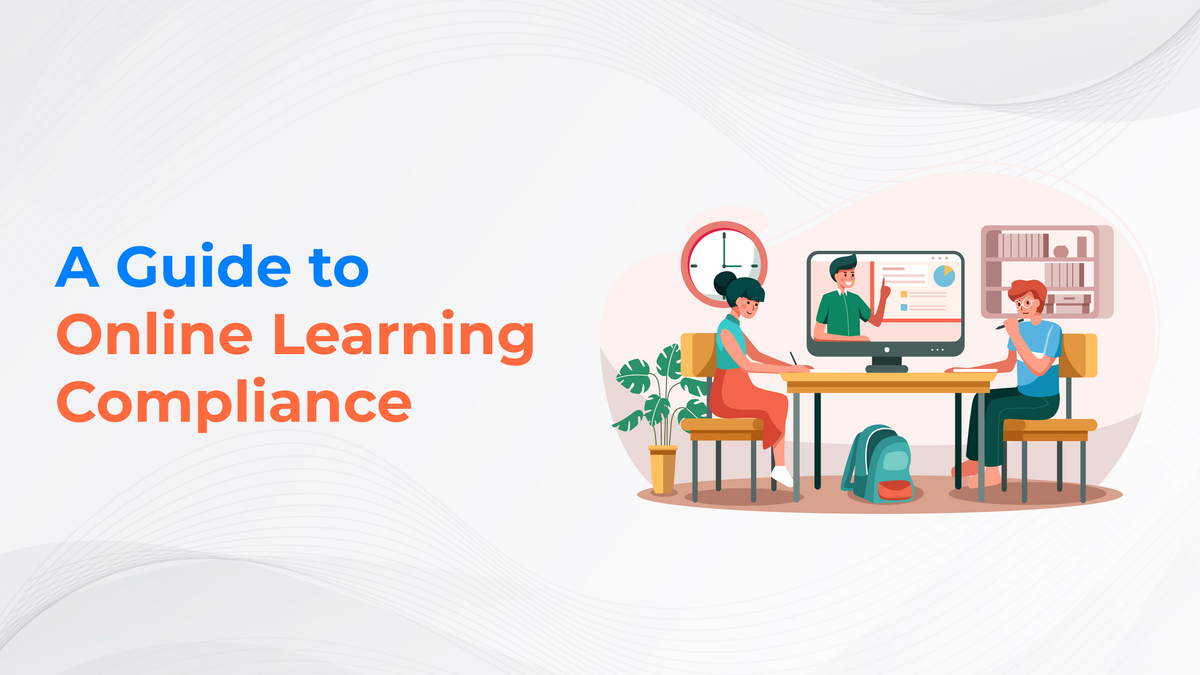With the increasing demand for personalized learning experiences, artificial intelligence (AI) has become an indispensable tool for educators and learners alike. Traditional one-size-fits-all approaches to learning are being replaced by personalized learning experiences that cater to the unique needs and preferences of individual learners. AI-powered learning management systems (LMS) offer a unique opportunity to create tailored learning experiences that can help learners reach their goals faster and more effectively. This blog explores how AI is being leveraged to create personalized learning experiences that revolutionize the way we learn and teach.
What is an AI-Powered LMS?
As our world becomes increasingly digital, AI is quickly becoming the go-to solution for personalizing learning experiences. AI has already revolutionized a variety of industries, from healthcare to retail, and it's now being used in educational environments as well. An AI-powered Learning Management System (LMS) is a revolutionary way to leverage technology for personalized learning experiences.
So, what exactly is an AI-Powered LMS?
This type of system utilizes artificial intelligence to analyze data and create personalized content for each learner within the learning environment. Natural Language Processing and Machine Learning are two technologies that are used in an AI-Powered LMS. They help identify areas of difficulty and recommend new materials for each learner.

From the educator’s perspective, an AI-Powered LMS helps them measure individual learner progress and identify areas where learners may need extra attention or guidance. It also provides recommendations based on each learner's individual abilities and preferences, so that they can be taught effectively.
All things considered, it’s clear that leveraging Artificial Intelligence within Learning Management Systems opens up new possibilities for both educators and learners alike. The ability to customize the content, automate administrative tasks, and provide immediate feedback makes this type of technology invaluable within modern-day educational settings.
The Role of Artificial Intelligence in Personalized Learning:
Artificial Intelligence, with its ability to analyze vast amounts of data and make predictions, plays a crucial role in enabling personalized learning experiences. Here are some ways AI is leveraged in education:
a) Adaptive Learning Platforms: AI-powered adaptive learning platforms use algorithms to gather data on individual learners' strengths, weaknesses, and progress. Based on this data, the platforms provide personalized recommendations, content, and assessments, adapting to each learner's needs. These platforms can identify knowledge gaps, offer targeted remediation, and accelerate learning for advanced students.
b) Intelligent Tutoring Systems: AI-powered intelligent tutoring systems act as virtual tutors, providing personalized instruction and feedback to learners. By analyzing learner inputs, tracking performance, and adapting instructional strategies, these systems offer tailored guidance and support, simulating a one-on-one tutoring experience.
c) Natural Language Processing: Natural Language Processing (NLP) enables AI systems to understand and process human language. NLP-powered chatbots can answer learner questions, provide explanations, and engage in interactive dialogue, creating a personalized and interactive learning experience.
d) Data Analytics and Predictive Modeling: AI algorithms can analyze large datasets, including learner performance, behavior, and engagement data, to identify patterns and make predictions. This information helps educators gain insights into learner progress, preferences, and challenges.
Strategies to Optimize Learning Outcomes with AI
As the use of AI increases, educators are finding more ways to leverage this technology to optimize learning outcomes for their students. Here are strategies you can use to leverage AI in your Learning Management System (LMS) for improved student outcomes:
- Utilize data-driven insights from AI tools to identify areas of improvement and make adjustments accordingly.
- Incorporate AI into your LMS platform to automate repetitive tasks such as grading or feedback to students.
- Embrace virtual assistants in the classroom to create adaptive learning pathways that adjust based on each student’s progress.
- Foster collaboration opportunities through AI tools like chatbots or forum discussions to enhance the personalized experience by connecting learners outside of class time.
Altogether, incorporating Artificial Intelligence into Learning Management Systems improves student learning outcomes while creating a more efficient classroom environment for educators and learners alike.
Benefits of Using Artificial Intelligence for Personalized Learning
AI enables personalized experiences based on a learner's individual needs. By recognizing and responding to learners' strengths and weaknesses in real time, AI personalizes learning experiences by analyzing data to provide customized learning that meets each learner's specific needs. This personalized instruction allows for more meaningful engagement with course material and enables learners to work at their own pace without feeling overwhelmed or left behind during lessons.
On the other hand, AI helps educators develop targeted intervention strategies to ensure each learner's success in the classroom. With automated grading processes, educators can free up more time to focus on teaching while still having access to accurate feedback on each learner's progress. AI also supports better curriculum planning as it can track student progress over time, identifying areas where improvement is needed or where exceptional performance has been shown so educators can make adjustments accordingly.
AI also offers new opportunities for unique learning experiences such as virtual reality or augmented reality. Educators can now create engaging content that captures learners' attention more than ever before. Besides, AI can generate learning recommendations or suggest resources based on a learner's interests, opening up new avenues of exploration.
Challenges and Considerations:
While AI has the potential to revolutionize personalized learning, there are challenges and considerations to address:
a) Data Privacy and Security: The collection and analysis of learner data raise concerns regarding privacy and security. It is essential to ensure that learner data is protected and used responsibly, with transparent policies and consent mechanisms.
b) Equity and Access: Ensuring equitable access to AI-powered personalized learning experiences is crucial. Technological infrastructure and resources must be accessible to all learners, regardless of socioeconomic status or geographical location.
c) Ethical AI Design: Developers must prioritize ethical AI design, avoiding bias, and ensuring fairness and transparency. AI algorithms should be continuously monitored and refined to mitigate biases and provide unbiased recommendations.
Leveraging AI within a Learning Management System (LMS) is an effective way to
Artificial Intelligence is transforming education by enabling personalized learning experiences that cater to individual learner needs, interests, and abilities. Through adaptive platforms, intelligent tutoring systems, natural language processing, and data analytics, AI enhances engagement, individualized instruction, and real-time feedback. While there are challenges to overcome, the potential of AI in personalized learning is immense. By taking advantage of AI, you can optimize learning outcomes and create an efficient classroom environment for both educators and learners.










